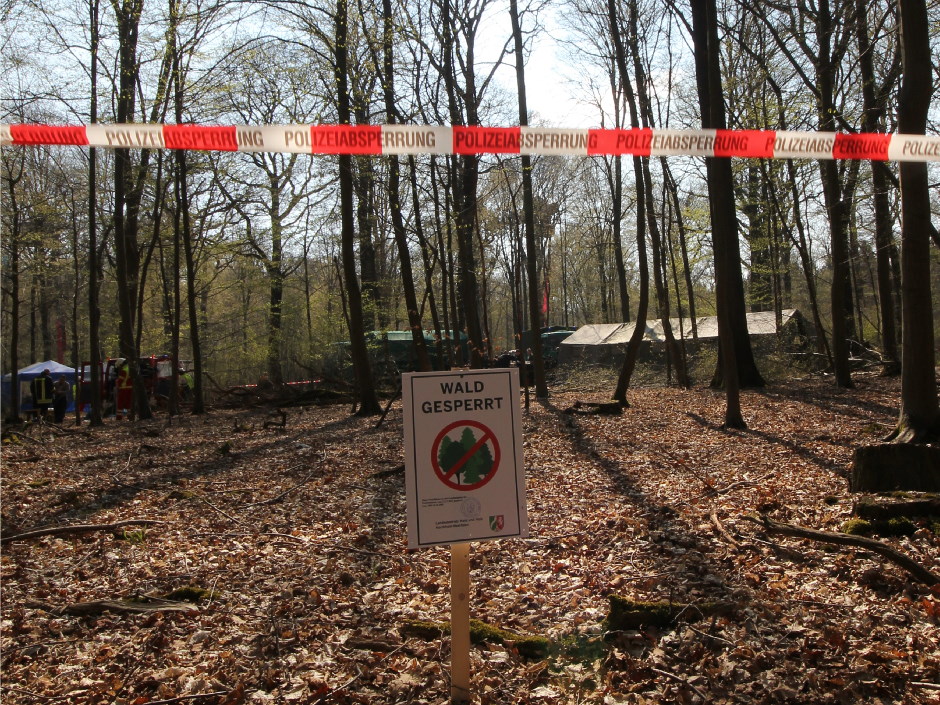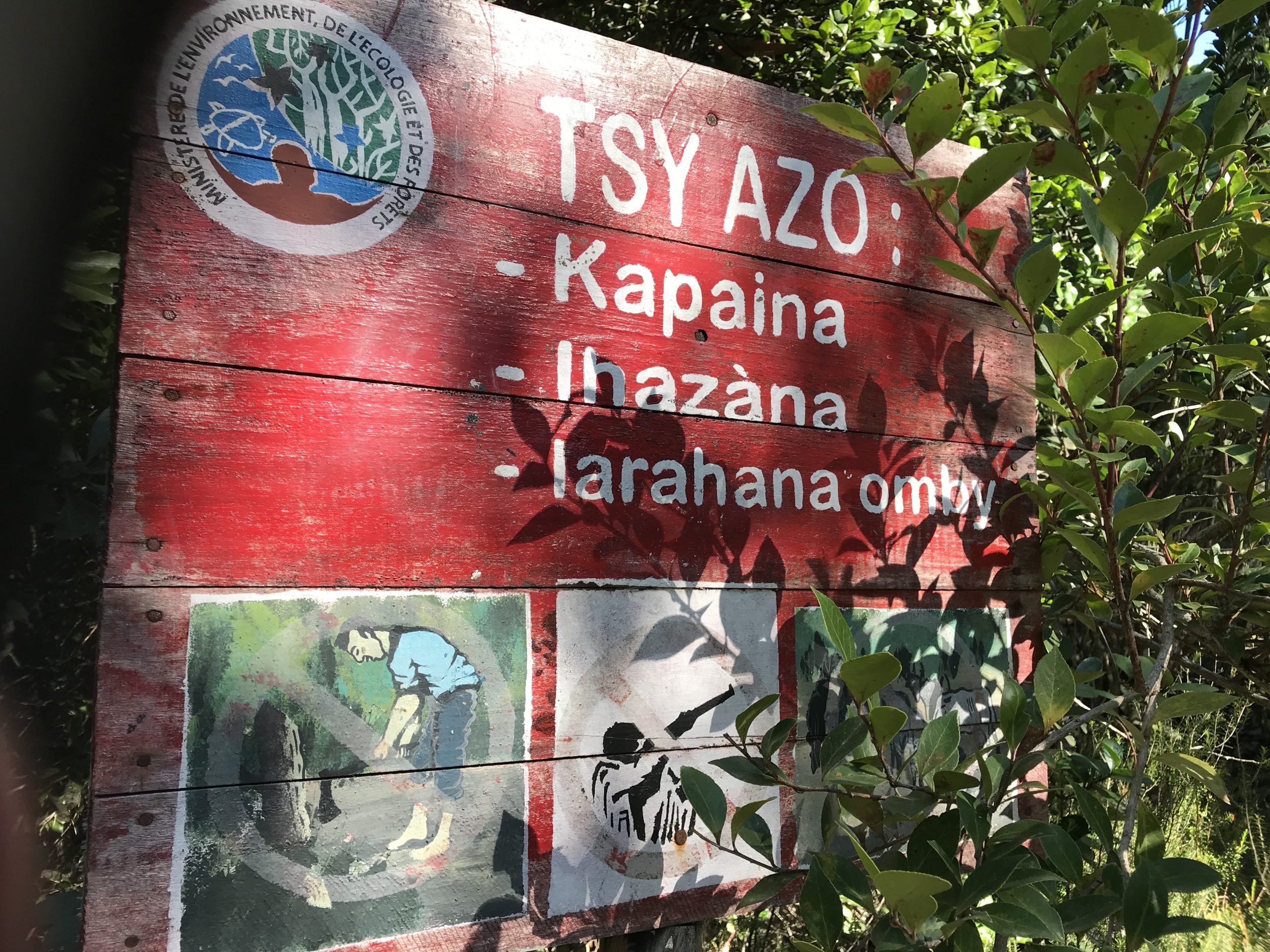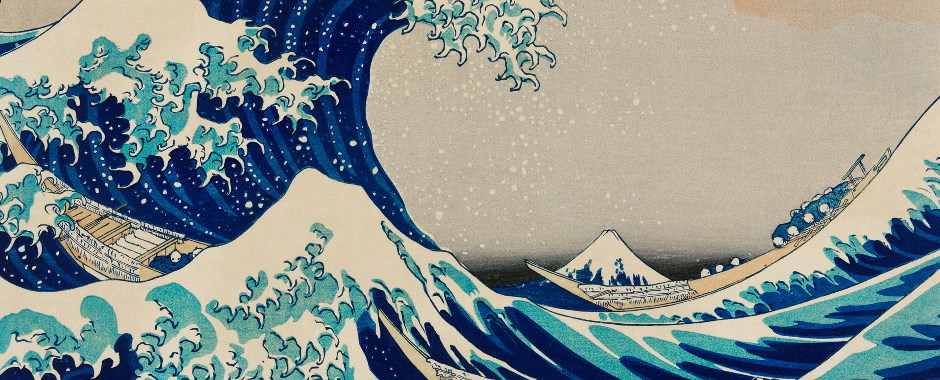The STEPS Centre’s theme for 2020 is Natures. In this introductory blog post by Amber Huff and Nathan Oxley, we look at four lines of enquiry that can help us get behind big stories of crisis.
Modern life seems to be increasingly defined through anxiety about humanity’s perverse relationship with nature.
Everywhere we look, we are confronted by images of crisis. Fires in the Amazon and Australia, deadly floods and landslides in Indonesia and East Africa, toxic clouds hanging over cities, rivers rich with pollutants and new or re-emerging diseases fill the media.
Warnings of ‘breached planetary boundaries’, ‘tipping points’, ‘climate breakdown’, ‘mass extinction’ and ‘environmental collapse’ just around the corner stir up fears of an irreversibly damaged planet and coming eco-apocalypse. In parts of the global north, ‘ecoanxiety’, ‘solastalgia’ and ‘ecological grief’ are ever more commonly used to describe feelings of depression and anxiety associated with a sense of loss, helplessness and inevitability around nature in crisis.
On the other hand, sufferers of such anxieties are told that buying ‘green’ and changing a few habits can help them feel at ease. ‘Feeling overwhelmed by the existential challenge of climate change?’ ‘Stop worrying in eight easy steps!’

One thing’s for sure: climate change, environmental disruption and sustainability continue to move up the global agenda. We are told powerful stories about how ‘the crisis’ can be solved by forging an international consensus and applying the right technical fixes. A ‘planetary’ crisis requires ‘planetary’ solutions… right?
Many of these stories focus on the technical management and engineering of nature on a massive scale – via ‘nature-based’ solutions – or using market principles to ‘trade’ ecological harm and health as if the world can be managed on balance sheets. Techniques like ‘offsetting’, a set of practices and calculations to achieve ‘carbon neutrality’ and ‘net zero emissions’ or ‘net positive’ impacts on biodiversity, we are assured, will make polluting industries and growth ‘sustainable’ and create a global ‘green’ or ‘post-carbon’ economy.
These stories promise win-win-wins for society, economy and the environment. They might give us hope, too, if we squint when we look at them.
But after the ‘abysmal failure’ of COP 25, and the not-particularly-high prospects for COP 26 later this year in Glasgow, it’s becoming ever more difficult to imagine that green consumerism and high-level agreements will be enough to set us on the radically different trajectory that is needed.
What is Nature?

Perhaps a big part of the problem – and a problem with big stories about solutions – lies with how we think and talk about Nature itself.
A crucial problem is the way that ‘Nature’ is presented in these big stories of crisis as something ‘out there’, an aspect of the world that is a distinct from human society, apart from ourselves, that can be isolated, pacified, measured, extracted, priced and traded to satisfy the endless desires of the selfish and ‘rational man’ imagined by neoclassical economics.
This is Nature economicus, a one-dimensional and rationalized nature. It’s a powerful yet imaginative ecology of managers, bureaucrats, finance and actuaries. It is a fantasy that can only ever really exist in boardrooms and on balance sheets.

Another problem with these stories of crisis and techno-redemption is what they hide. It is widely acknowledged that the social impacts of environmental change are patterned by systemic inequalities. The multiple ‘win’ rhetoric and promises of ‘sustainable development’ associated with techno-managerial ‘fixes’ and marketized ‘solutions’ seem to offer a brighter future for everyone.
But ironically, these solutions often carry costs and detrimental impacts that fall disproportionately on people who directly depend on access to the landscape, are labelled as poor, and who experience social and political marginalization.

Because of their proximity to power and forms of political and scientific authority, some stories about crisis, solutions, and possible futures – even those that are contrary to evidence all around us – appear to be transcendent, beyond politics, the only stories that make sense. Inequities seem inevitable. Injustice can be dismissed as a necessary cost of progress.
But this masks the fact that even the very notion of nature is contested. And this contestation is reflected in important material, ideological and justice struggles around the world.
So how do the stories change when we step away from planetary and global framings and bring the stories back to the ground? What can we learn from the real places where people experience and confront ‘crisis’? From the places where knowledge is made, and where many possible futures are being imagined, prefigured and fought for?
Questions about Nature(s)
In 2020, the STEPS Centre will delve deeply into exploring different relationships with the ‘natures’ we perceive in the world. To do this, we’ll be thinking critically through a few questions.
Crisis: We aim to clarify what is at stake when we use the language of ‘crises’ and ‘system change’ and ‘transformation’. How do the language and politics of crisis affect the ways people think about, use, value, respond to, and try to shape or control the world around them?
Challenging dominant ideas: Considering the coloniality of certain ways of seeing human-nature relationships and governing the environment, what does it mean to shift away from dominant Anglo-European ideas about nature, progress, value(s) and development? What can be learned from different sites of material and ideological struggle? What are the different ways that people imagine, experiment with and prefigure different ways of being, or ways to change things?
Alternatives: Alternative ways of producing, consuming, governing and thinking about socio-environmental problems are clearly necessary. But what do we mean by ‘alternatives’? Are the alternatives that we encounter those that exist within dominant structures of truth, power and accumulation, or radically different alternatives to them? How can we tell the difference, and what does it mean for concrete action, critique and forms of hope?
Futures: What new politics, socio-ecologies and future ‘natures’ are emerging, or might be just on the horizon? What practices of knowledge, creation, doing and sharing could nurture the futures we want?
 Nature is all around us, but there are many ways of seeing different kinds of ‘natures’, and many efforts to involve it in forms of control or domination.
Nature is all around us, but there are many ways of seeing different kinds of ‘natures’, and many efforts to involve it in forms of control or domination.
How is talk of crisis shaping nature and people’s views of it? How can colonial forms of knowledge, technology and power be challenged, and what might it mean to ‘decolonize’ the study of environmental change? What do alternatives look like, and how can we explore, nurture, imagine and live the relationships we might want for the future?
Find out more about our theme for 2020 on our Natures theme page.

Excellent analysis!
I’m currently involved in an Erasmus+ project on how to move from STEM- to STEAM-education, and I think your approach points to the very core of the issue. I’d like to see how we can join forces and exchange ideas and insights.